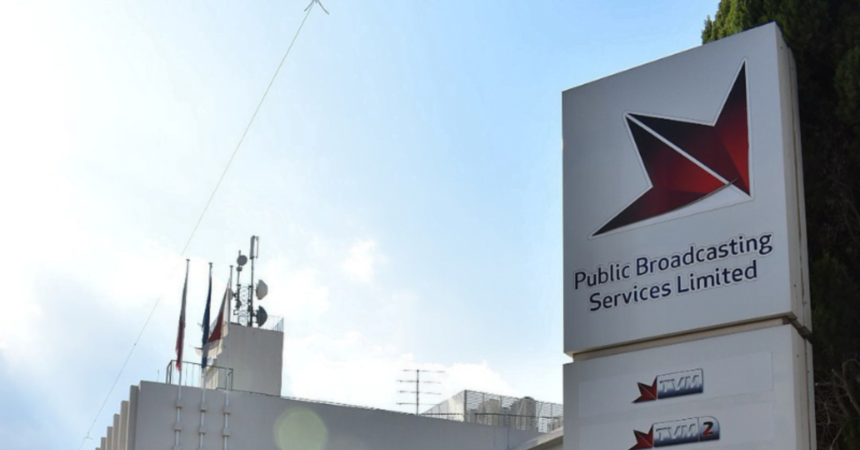In a scathing judgement against the Broadcasting Authority, Public Broadcasting Service and the minister responsible for public broadcasting Owen Bonnici, the Constitutional Court this morning confirmed a July 2022 judgement that found broadcasting during the 2022 general election was unconstitutional and partisan.
In its judgement, the court described how the PBS failed to maintain impartiality in its reporting on politics and policies, and ignored the BA’s notices on the matter. The court also stated that the BA on its part failed to act on PBS’s disregard.
The court ruled PBS and the BA breached Article 10 of the European Convention on Human Rights, dealing with freedom of expression, and Article 45 of the Maltese Constitution, concerning protection from discrimination, in this case on the basis of political opinion.
The court dismissed the government’s line of argumentation and revised the civil court’s sentence to increase the expenses for damages to be paid by PBS and the BA from €1,500 each to €5,000 each.
In a press conference on Monday morning, Opposition leader Bernard Grech called for PBS to identify the individuals who allowed the violations, asking for those involved to “shoulder responsibility for this abuse”.
He went on to say that despite people’s individual biases, “it is the obligation of state broadcasting to be impartial and balanced”.
‘Chilling effect’
Grech called attention to the Constitutional Court’s statements describing how PBS’s lethargy in acting on BA fairness rulings created what the court described as a “chilling effect” on the issue.
In a recently published book discussing recommendations for Malta’s media landscape, authors Joe Borg and Therese Comodini Cachia also call for improvement to Malta’s public broadcasting service. For the service’s betterment, they argue that the dominance of political appointees at the BA and Malta Communications Authority (MCA) must end, and call for the two authorities to be merged.
In their recommendations, they also called for the PBS not to be owned by the government, but instead by an independent authority or trust, which is in turn financed by taxes. They said that “Both the regulator and the public service broadcaster should be legally, financially, and administratively independent from government”.
In September 2022, the European Union adopted a proposal for new rules meant to improve media freedom: The European Media Freedom Act. Organisations such as the International Press Institute have supported the EMFA, stating that it can “effectively counter the threat of media capture”, which it describes as a “system of media control… whose elements are being replicated in countries across the EU”.
The IPI identified tactics such as turning public broadcasters into government propaganda, capturing media regulatory bodies with political appointees, and the abuse of state resources by funding private media for the government’s interest.
The IPI particularly welcomed the EMFA’s fifth article, which is aimed at safeguarding the independent functioning of public service media by ensuring all forms of its management are occupied by persons demonstrably qualified for the role.
The upcoming act introduces several policies to safeguard public service media. For example, under Article 5 of the new rules, top executives at public service media outlets, including their heads of management and members of governing boards, will need to be appointed via transparent, non-discriminatory, and objective procedures.
Malta’s state broadcaster would therefore have to overhaul its current system to appoint some of its top personnel.
In June this year, PBS defied the orders of the Data Protection Commissioner to publish details, including names and payments, of the editorial board and the contract of Executive Chairman Mark Sammut. It also refused to give information on the contract and remuneration given to Mark Vassallo, a lawyer who was politically appointed as board secretary of the public broadcaster.
PBS has repeatedly failed to act in a transparent manner and has defied orders from the Information and Data Protection Commissioner to publish details on its editorial board, executive roles, and payments.
The BA has also been criticised for failing to properly promote media literacy, a skill that enables citizens to create, access, understand and critically analyse published or broadcast content. Malta’s media literacy has been classified as at high risk, with a report by the Media Pluralism Monitor lamenting the lack of official policy on the matter.
A study by the Centre for Media, Data and Society worryingly concluded that Malta’s public broadcasting is “state-controlled”. The deficiencies in Malta’s public broadcasting have also been noted and condemned by the inquiry into the assassination of Daphne Caruana Galizia, with the inquiry’s recommendations on press freedom yet to be properly implemented into law.












